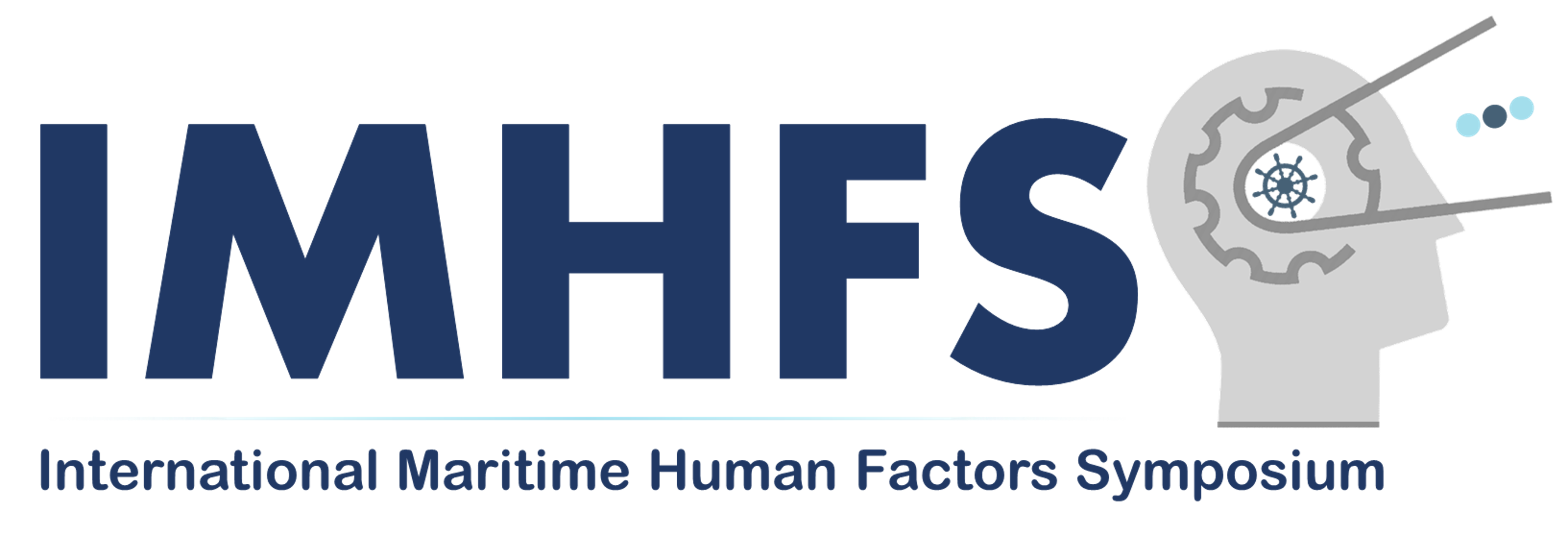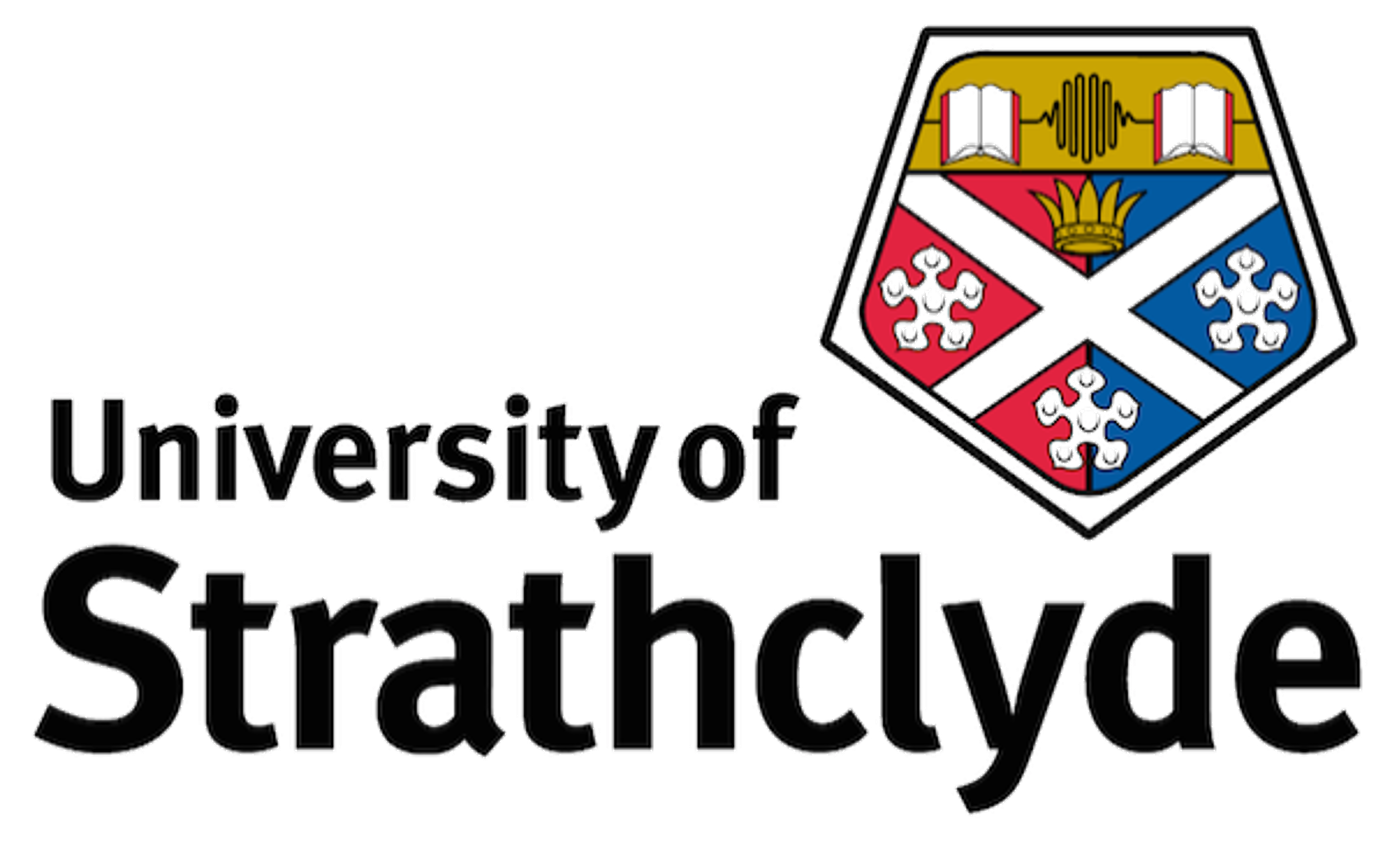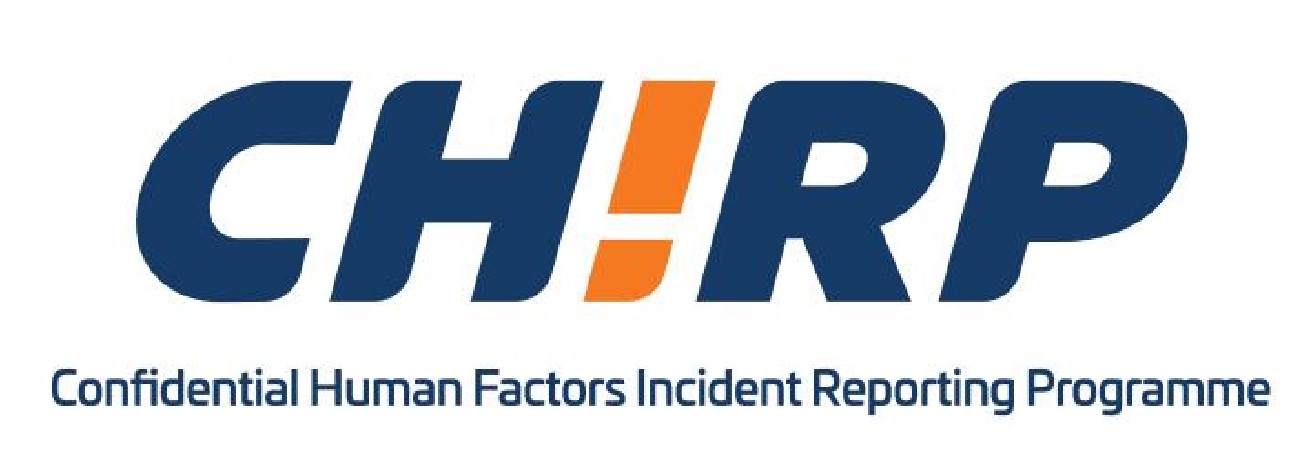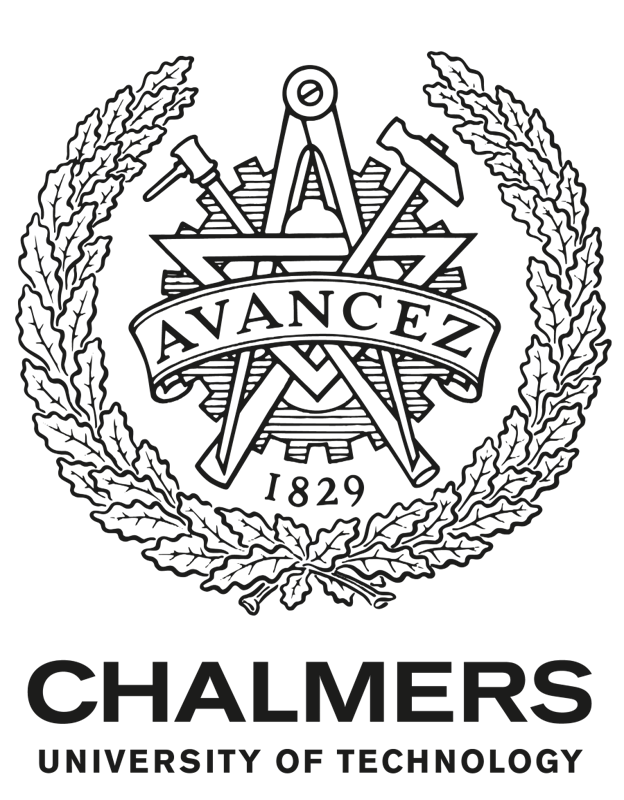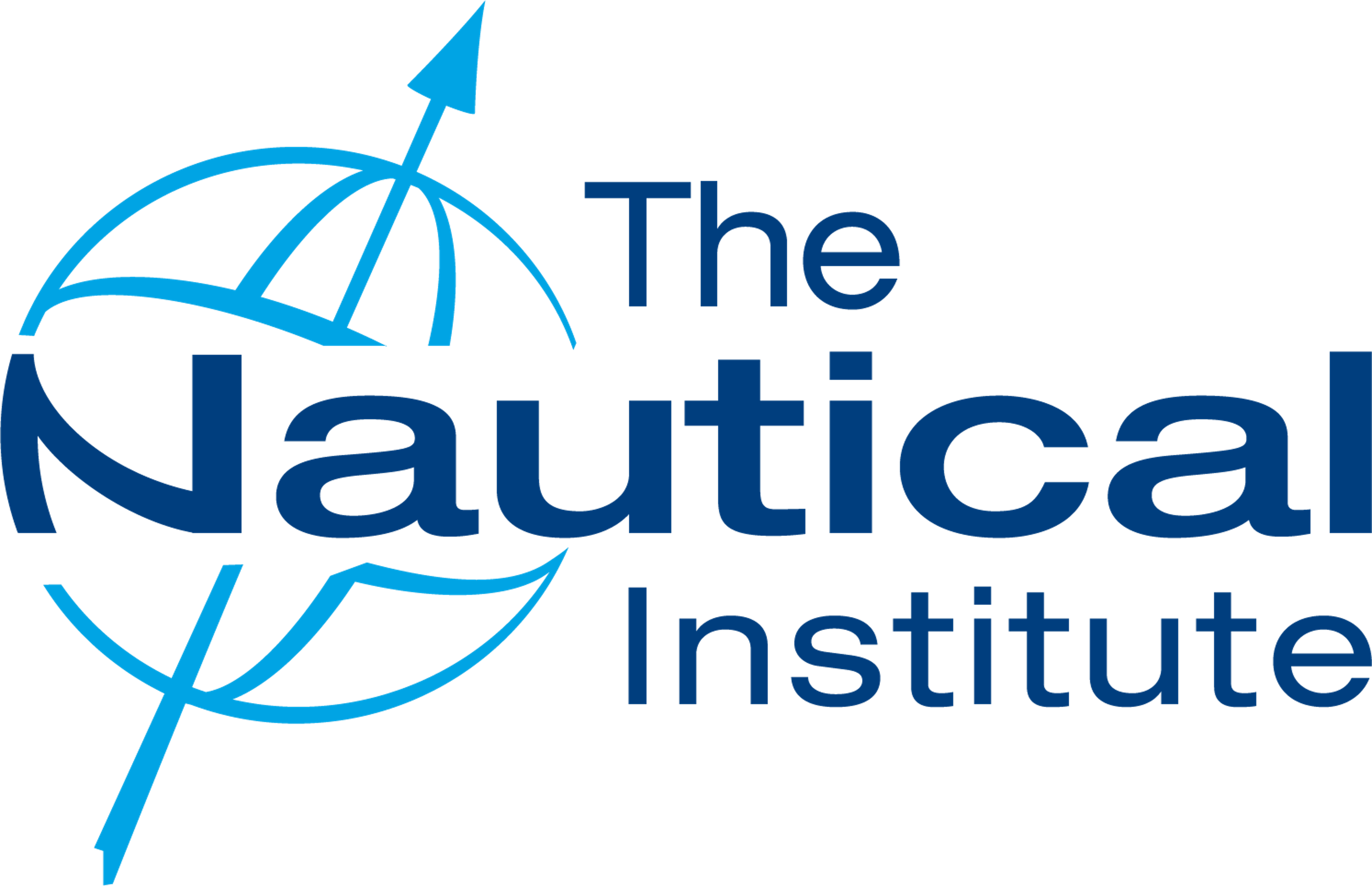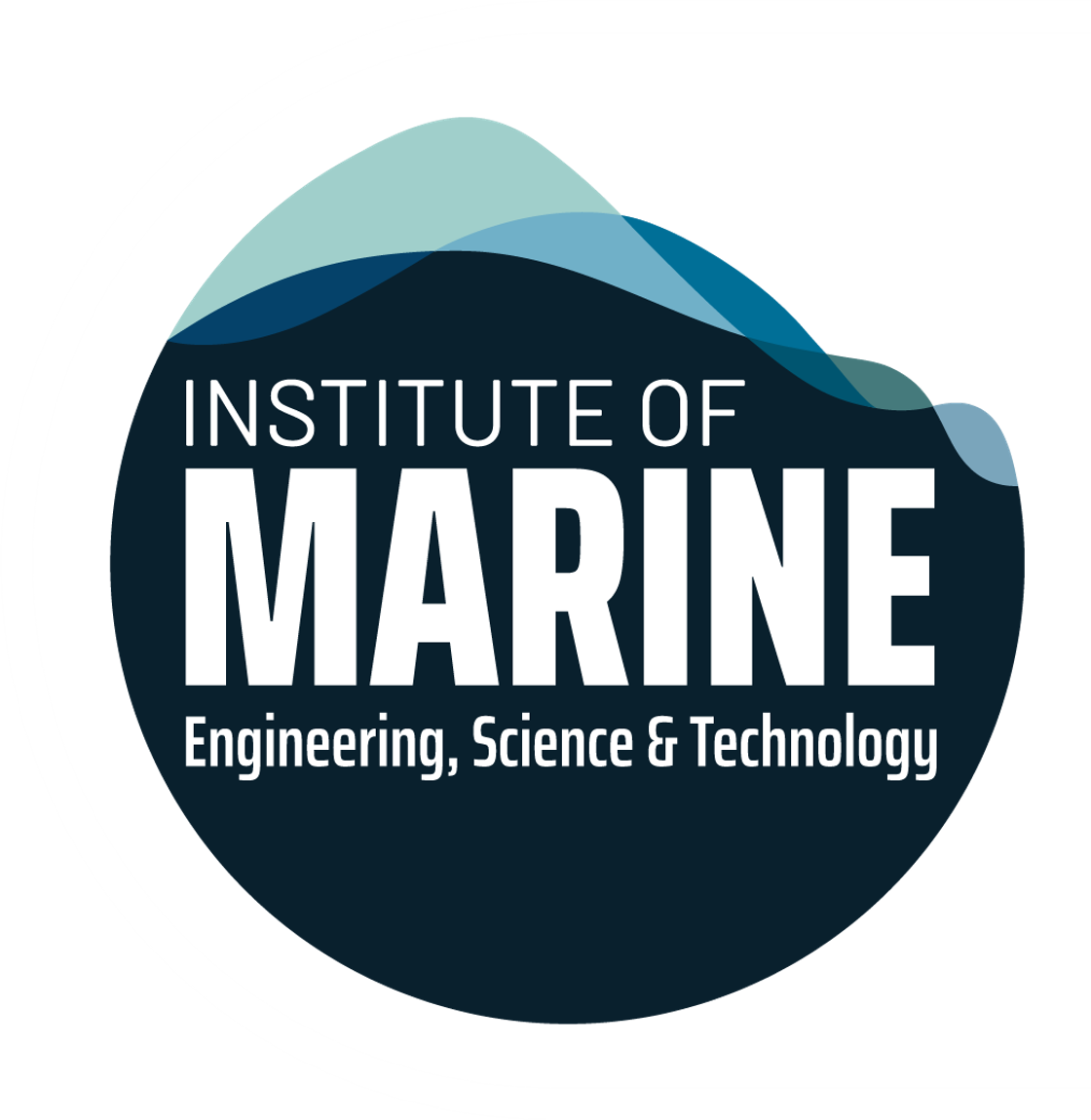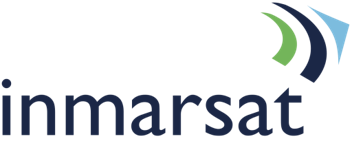IMHFS 2025 Keynote Speakers
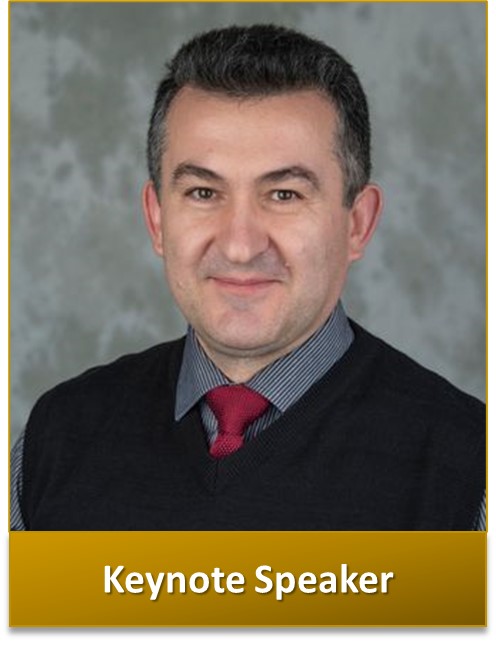
Panagiotis Stavrakakis
Health and Safety Executive (HSE)
Panos is the Sector Manager for Construction and Built Environment in the Health & Safety Executive Science and Research Centre. Panos collaborates with world-class scientists to address a range of occupational risks. Panos served the Hellenic Navy from 1989 to 2011 as a Naval Engineer Officer.
He is a Fellow of IMarEST, a Chartered Engineer, and a Chartered Scientist. He holds a degree in Marine Engineering, a Master’s in Public Health, an MBA in Shipping and a PhD in Analytical Chemistry and Fire Safety. Panos sits on and chairs various academic and industrial boards and is a passionate coach and mentor.
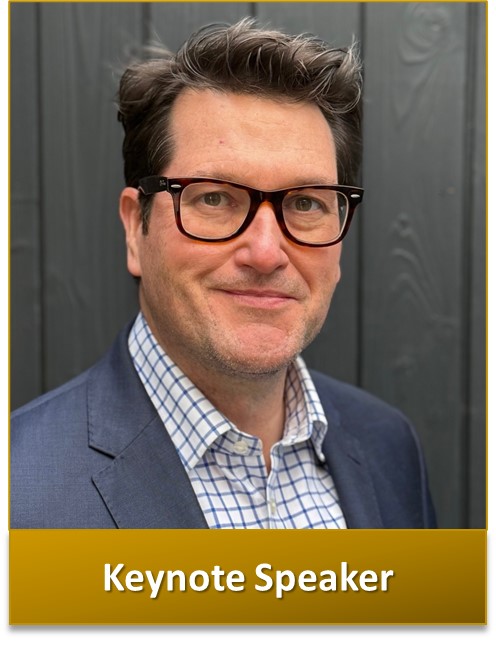
Nick Dowden
Bahamas Maritime Authority
Nick Dowden is a master mariner and head of the Investigations Department at the Bahamas Maritime Authority, conducting no-blame casualty investigations in The Bahamas and on Bahamas-flagged ships worldwide.
Nick is the Assistant Chair of the Marine Accident Investigators’ International Forum (MAIF) – an international organisation dedicated to the advancement of maritime safety and the prevention of marine pollution through the exchange of ideas, experiences and information acquired in marine accident investigation. Its purpose is to promote and improve marine accident investigation, and to foster cooperation and communication between marine accident investigators.
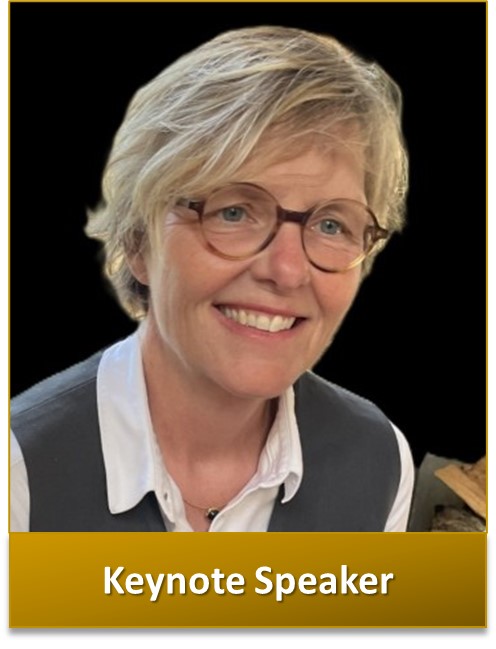
Ilse Houting
LR Decarbonisation Hub
Championing human-centric safety in maritime decarbonisation, Ilse Houting is a Senior Human Factors Specialist and Head of Human Factors at the Lloyd’s Register Maritime Decarbonisation Hub (Decarb Hub). With a background in Human Movement Sciences and a postgraduate in Human Factors (VU Amsterdam), she brings over two decades of experience designing complex, safety-critical environments across aviation, maritime and process industries.
At the Decarb Hub, the focus is on embedding human-system integration into the safe adoption of zero and near-zero emission fuels (ZNZ fuels). With her team, she works across system boundaries – uniting regulators, designers, training providers, and operators – to develop risk-informed safety models, human factors-aligned tools, including training and competency frameworks. Their mission is to ensure that as the maritime sector transitions, it remains not just compliant on paper but truly safe and effective in practice.
Her work combines structured methodologies with practical, goal-driven approaches. Leading the development of innovative change-management tools – including supporting organisations navigating digitalisation and automation. From a human factors perspective, she has been a pioneer in designing remote-control workstations and semi-autonomous systems, helping shape the next generation of remote and automated maritime operations.
Let’s connect if you’re working at the intersection of safety, design, or sustainable transitions within maritime decarbonisation. Based in the Netherlands | Working globally
IMHFS 2025 Session Chairs
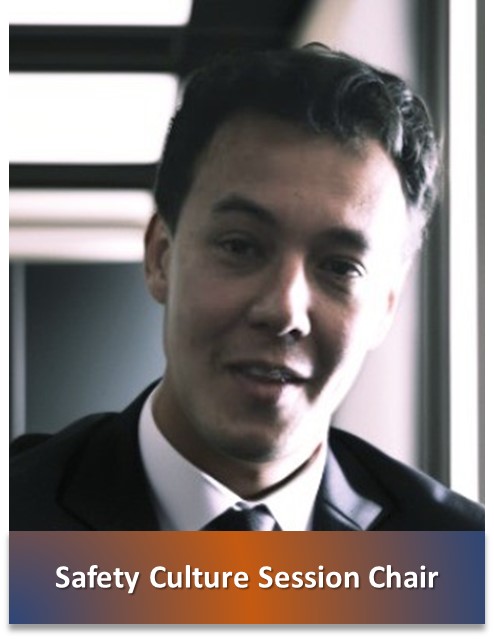
Adrian Kawaguchi
Maritime and Coastguard Agency (MCA)
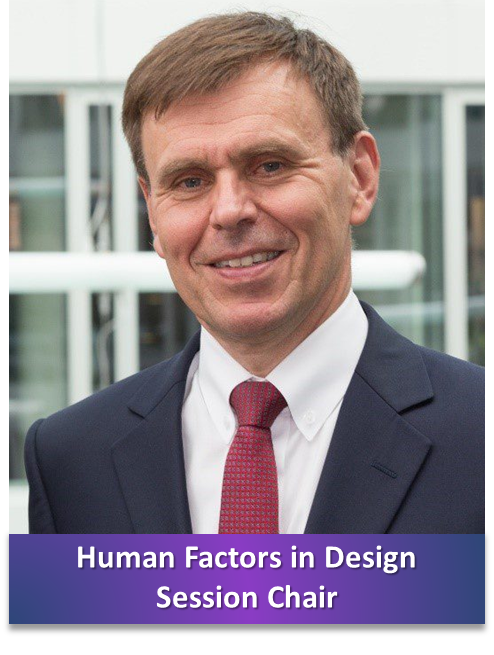
Tor Svensen
Royal Caribbean Cruise Lines (RCCL)
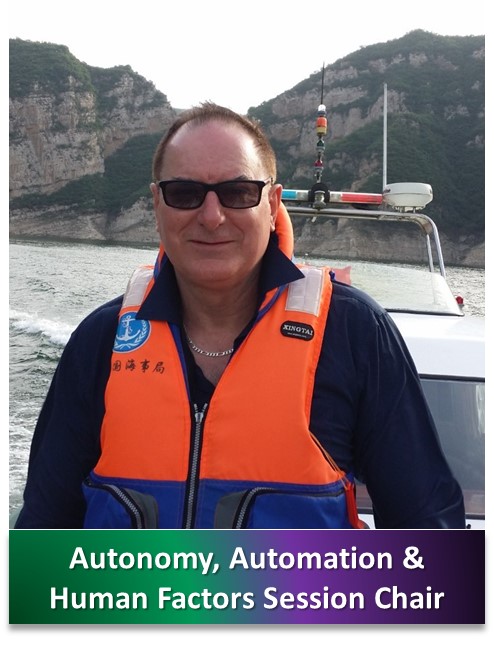
Dave Watkins
CHIRP Maritime
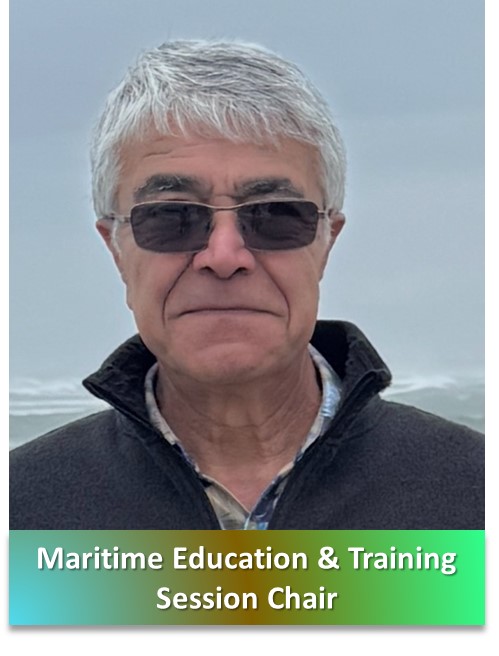
Malek Pourzanjani
South African International Maritime Institute (SAIMI)
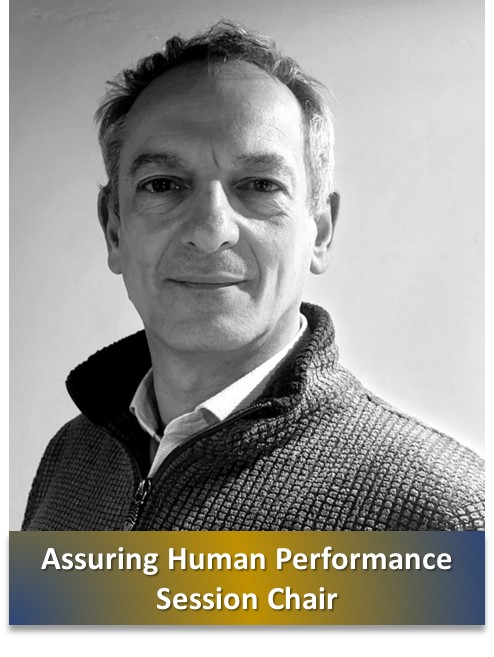
Adam Parnell
CHIRP Maritime
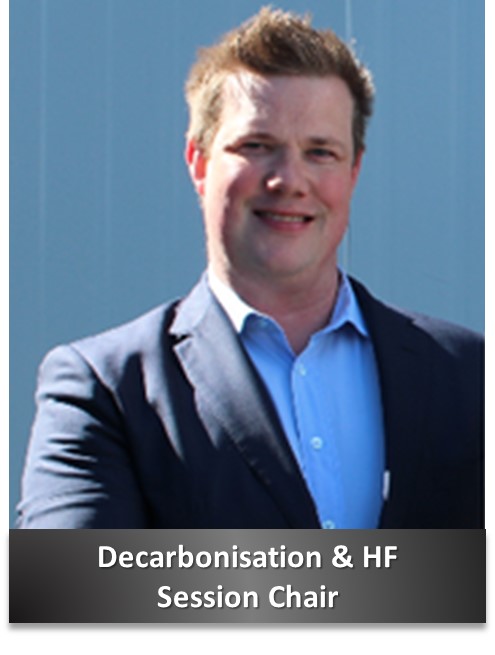
Martin White
Stream Marine Group
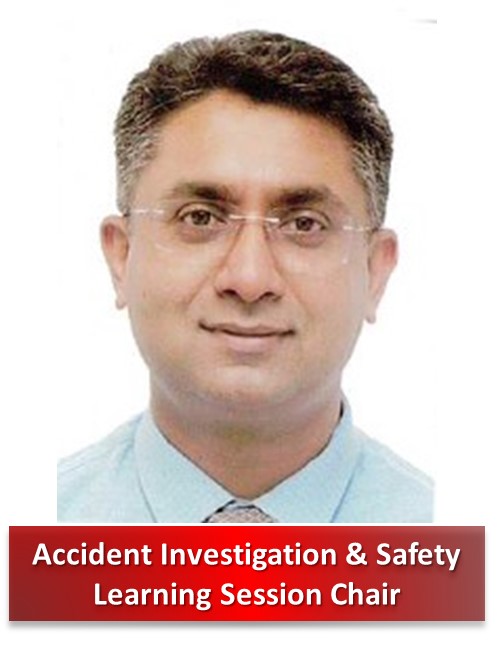
Deepak Gupta
Oldendorff Carriers
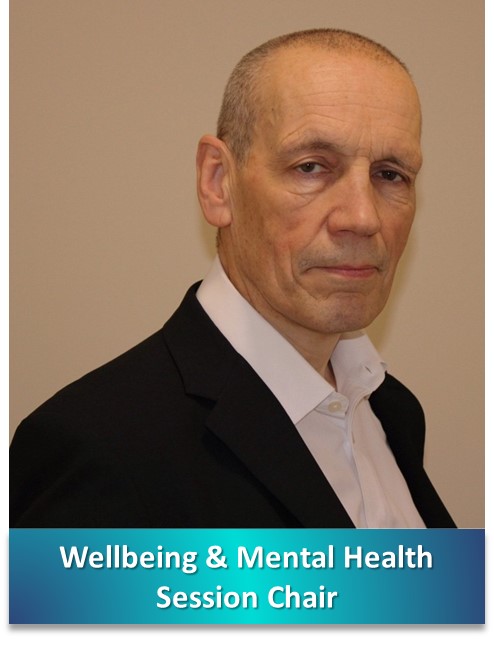
Simon Grainge
International Seafarers’ Welfare and Assistance Network (ISWAN)
IMHFS 2025 Speakers
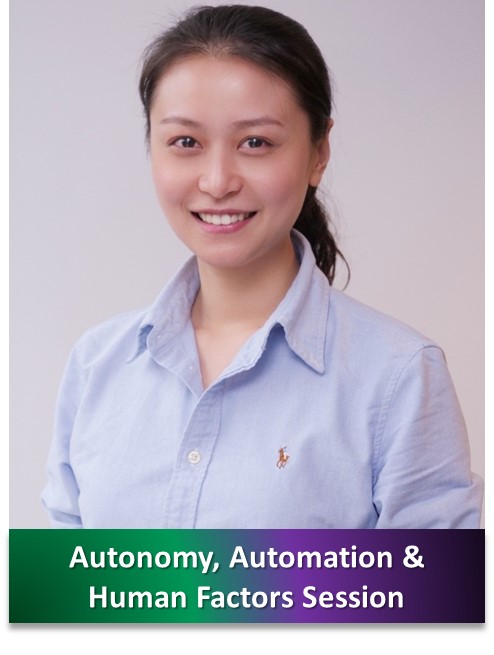
SHIQI FAN
Wuhan University of Technology
Towards advanced decision-making support for shipping safety:
A functional connectivity analysis
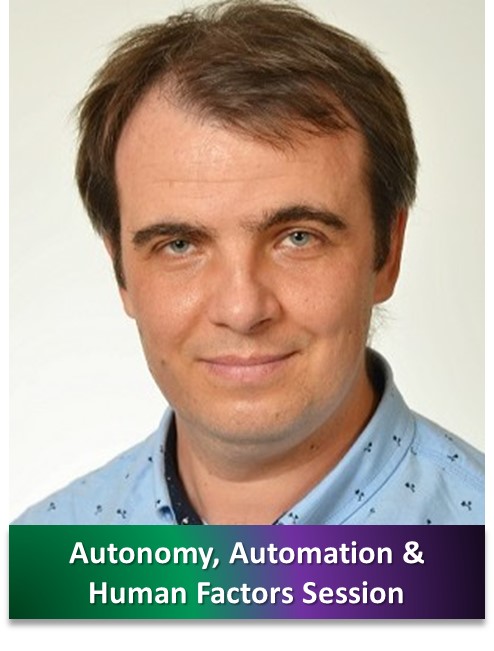
Krzysztof Wróbel
Gdynia Maritime University
Towards hybrid analysis of human error potential in MASS operations

Yi Gao
Wuhan University of Technology
Takeover Risks in Maritime Autonomous Surface Ships (MASS): A Systematic Review and Bibliometric Analysis

Aitana Sánchez
University of Oviedo
Human Factor Risks in Autonomous Navigation: Unpacking Design Flaws in Collision Avoidance Algorithms
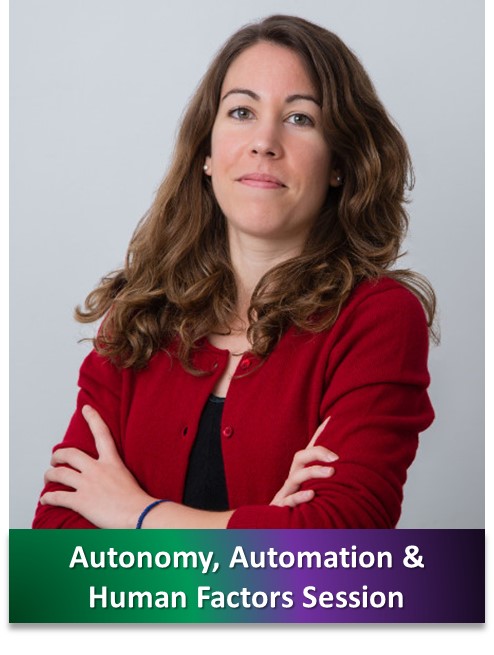
Ana Ferreira
deepblue
Navigating AI transition: Safety culture lessons from aviation
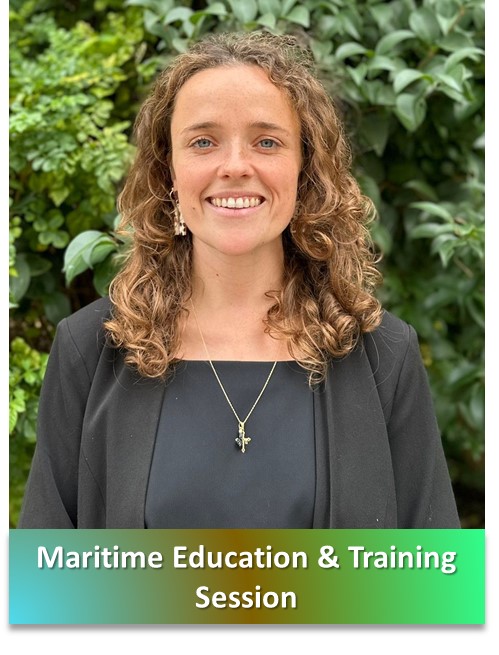
Deva Menéndez-Teleña
University of Oviedo
Enhancing Seafarer Well-being and Employability Through Educational Innovation.
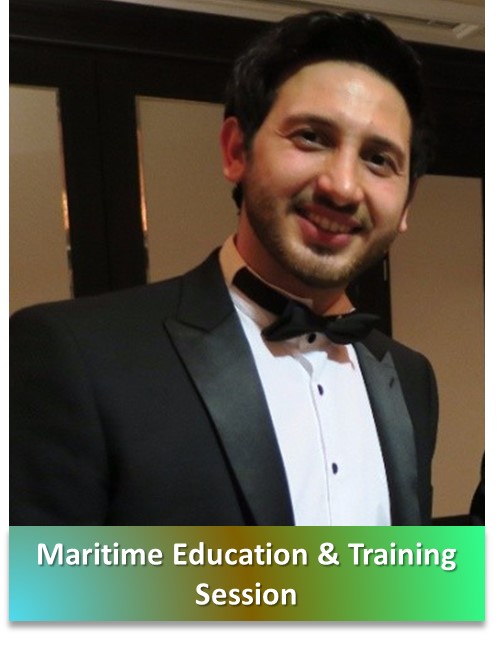
Volkan Arslan
Carnival Corporation
Enhancing Crew Performance Through Competency-based Learning
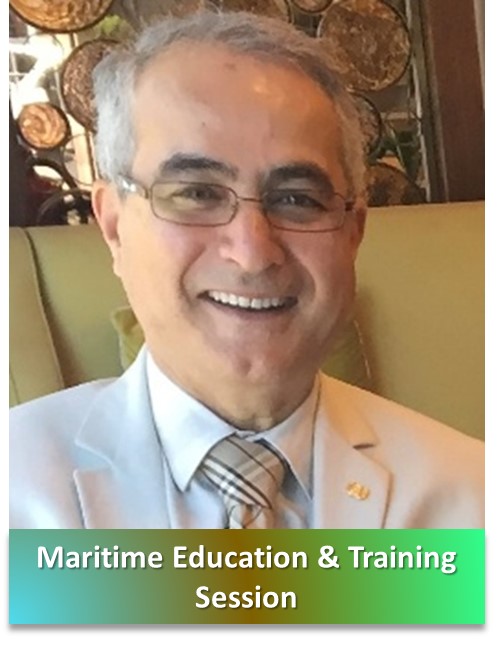
Reza Ziarati
Maritime Division, C4FF
Effective Implementation of ISM Code – Learning from Accidents, Audits and Inspections
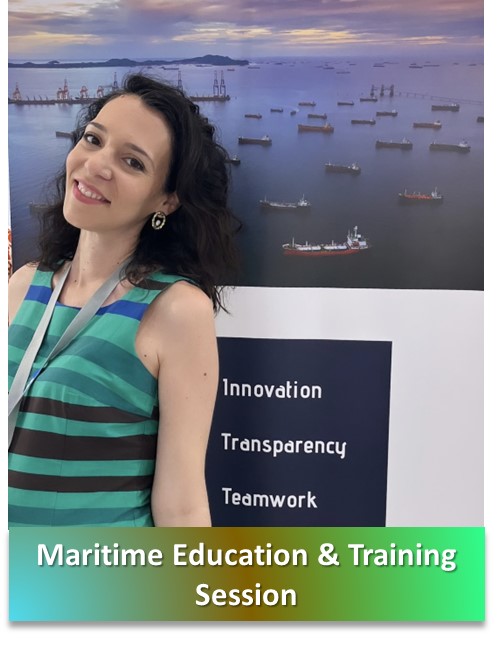
Katerina Kokkini
KMK Marine Consultants
Competence as the Cornerstone: Rethinking Maritime Education and Training
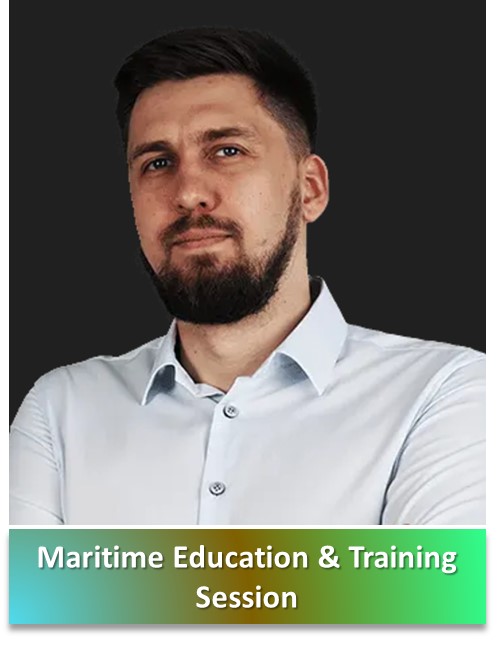
Bartek Marcinkiewicz
OLDENDORFF CARRIERS GmbH & Co. KG
Beyond Compliance: Driving Excellence in Crew Development
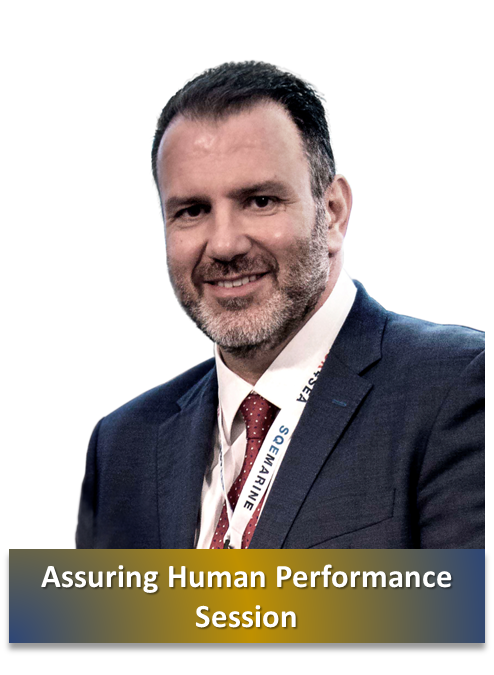
APO BELOKAS
SAFETY4SEA
Human Factors and PSC: Findings, Trends and Lessons to be learned
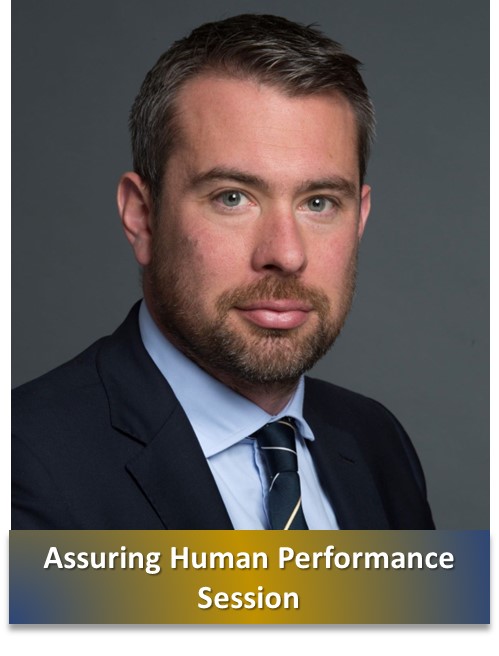
Stuart Edmonston
UK P&I club
Human Factors from Marine Insurance Perspective: Current challenges and Opportunities to improve
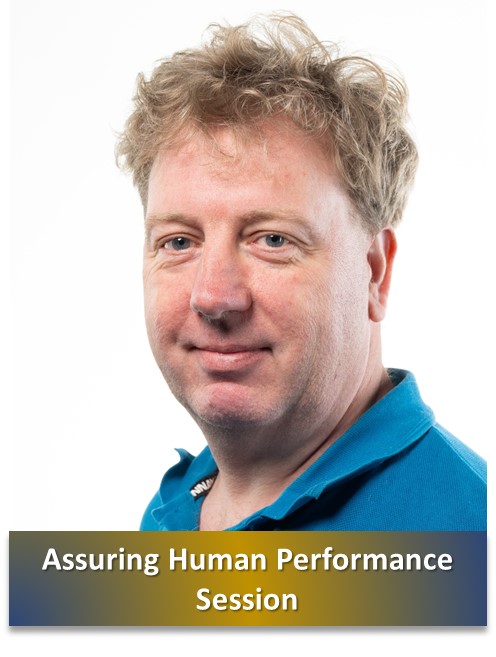
Martijn Schipper
MARIN
Human Centred Goal Directed Risk Management Methodology in the Maritime Socio-technical Domain
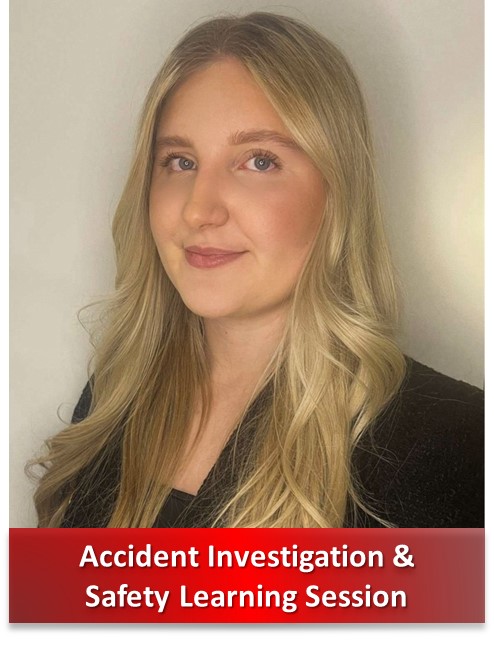
Hollie Black
University of Strathclyde
Learning from Ferry Near-Misses: Human Factors-Driven Topic Modelling for Accident Prevention
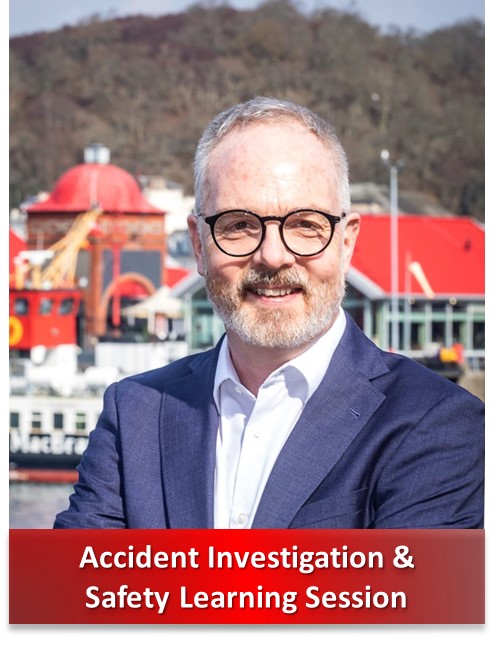
Louis de Wolff
CalMaC Ferries Limited
Learning from Ferry Near-Misses: Human Factors-Driven Topic Modelling for Accident Prevention
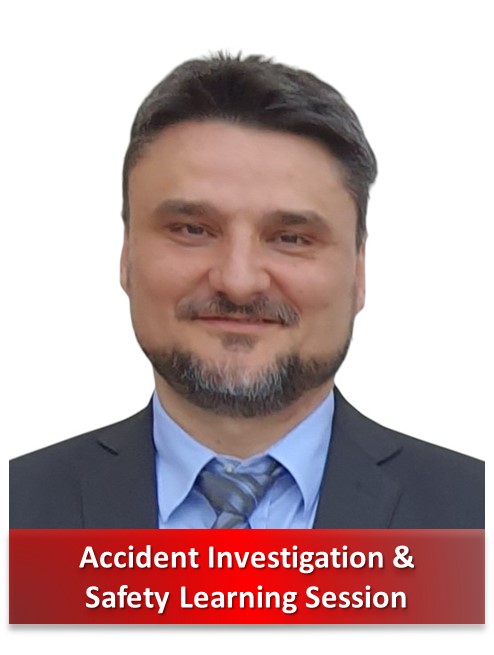
Goran Vizentin
University of Rijeka
From CFD to VR: Realistic and Safe Simulation of Engine Room Fire Drills
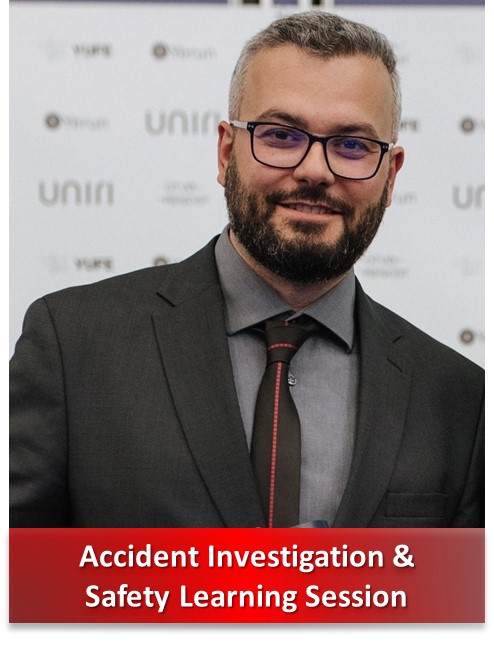
Darko Glujic
University of Rijeka
From CFD to VR: Realistic and Safe Simulation of Engine Room Fire Drills
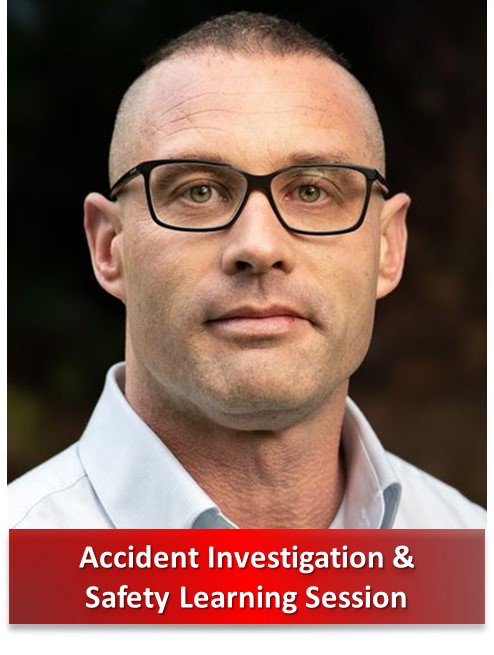
CJ Manjarres-Wahlberg
Sea Heritage Foundation
A Systems-Based Investigation into the Grounding and Sinking of HMNZS Manawanui: Organisational Human and Behavioural Safety Factors Analysis in Comparative Naval Contexts.
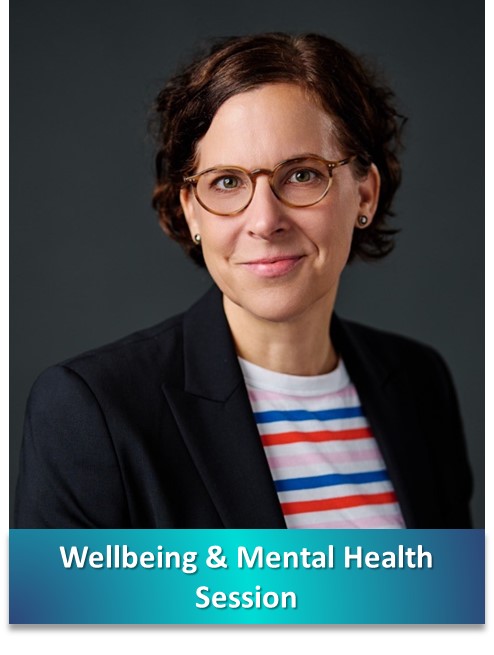
Isabel Grimpe
Grimpe RelationShip Management
Strengthening the Human Side of Maritime Leadership – Insights from our On-the-Job Development Program
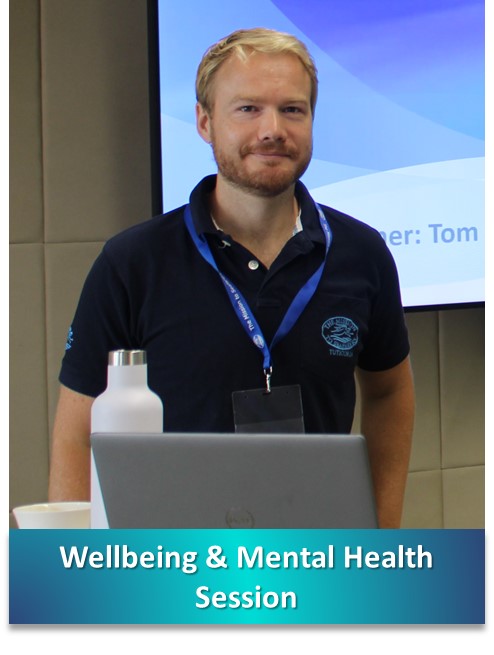
Thomas O'Hare
The Mission to Seafarers
SafeTALK – Building Suicide Safer Communities On Board and On Shore

Tineke Zoet
Tineke Zoet
Beyond Automation: Human-Centred Leadership for the Next Generation at Sea
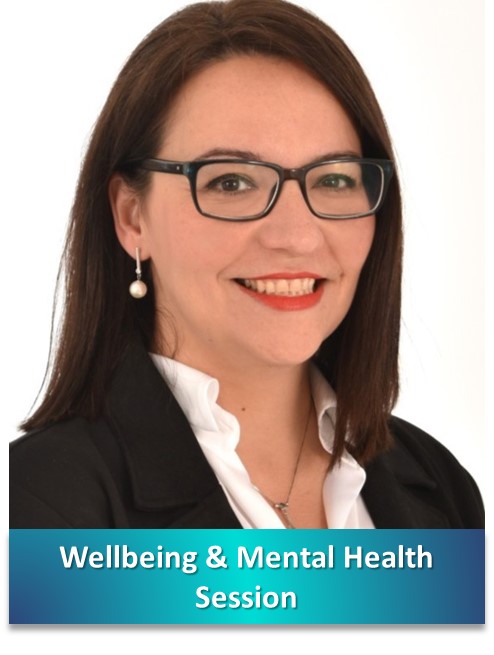
Sofia Rizou
Maritime & Healthcare Group
Art as a Bridge: Family Connection & Morale
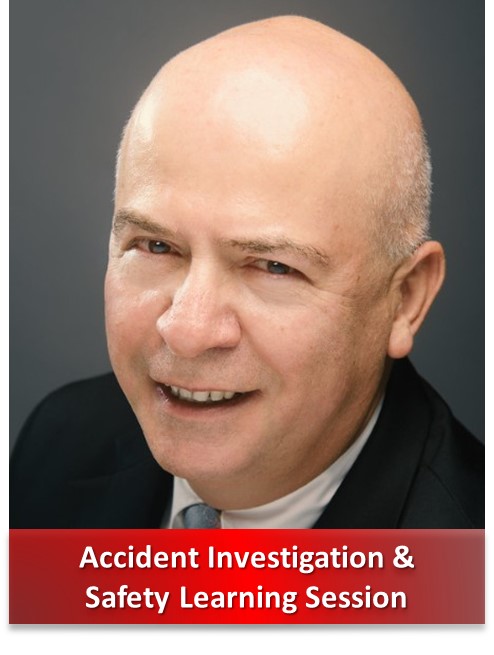
Bahadir Inozu
Sharp Focus Inc.
Lessons Learned from Applying AI to Near-Miss and Accident Data – Insights from SafeMTS and Beyond
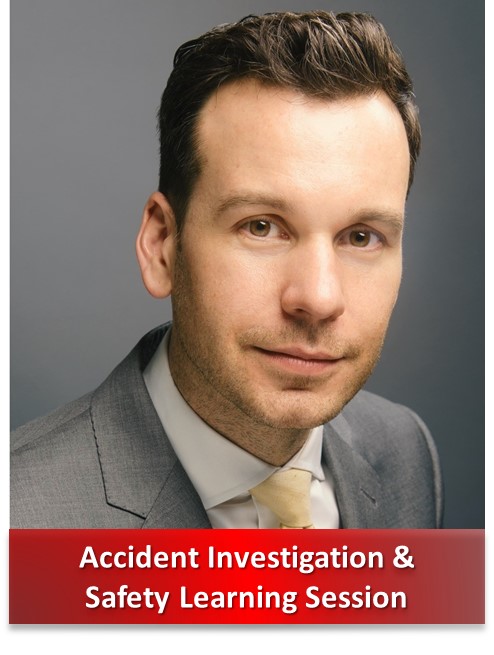
Curtis Doucette
Sharp Focus Inc.
Lessons Learned from Applying AI to Near-Miss and Accident Data – Insights from SafeMTS and Beyond
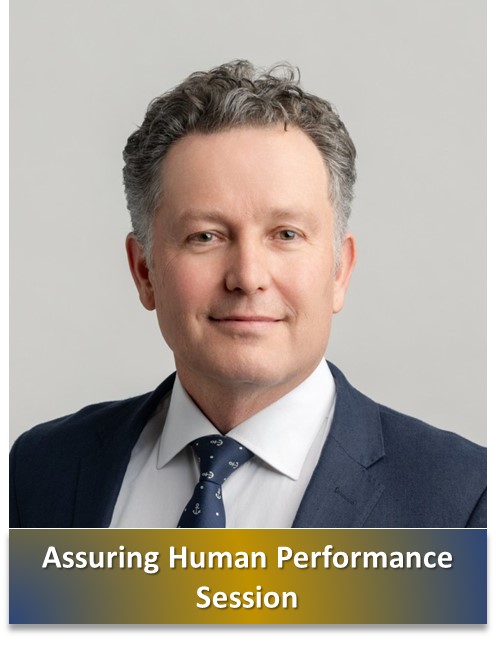
Martin Crawford-Brunt<br />
Ever Ocean
Insurance risks (HF perspective)

Niklas van Duinen
MARIN
Enhancing wind propulsion performance through human-centred design and bridge simulations
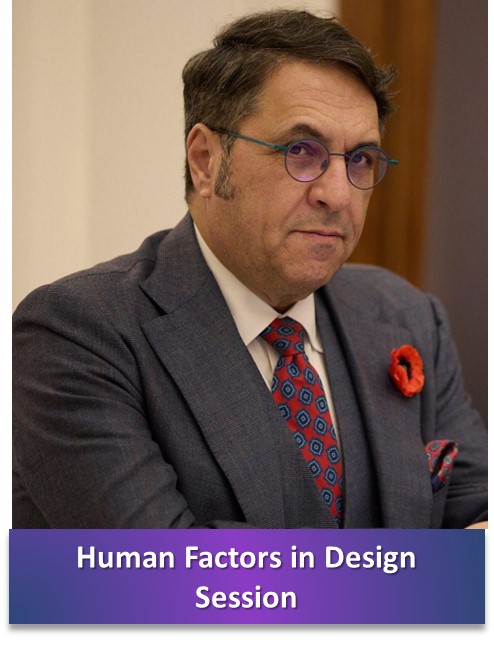
Ioannis Patiniotis
Ioannis Patiniotis
Quantifying the Invisible Layer of Human Performance
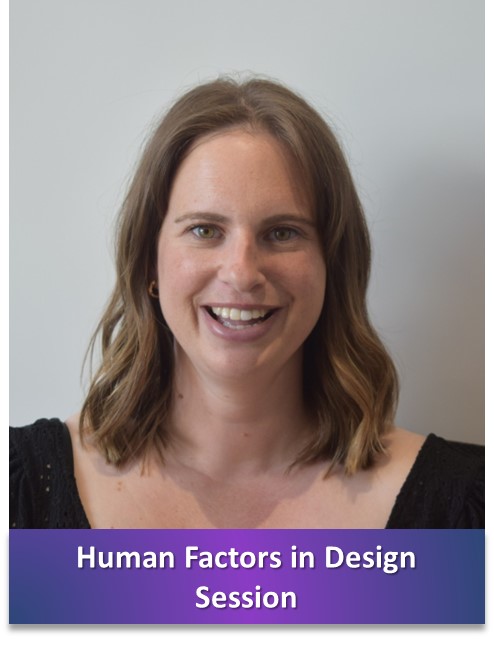
Jodie Dix
Integrated Human Factors
Human Factors in Control Room Design
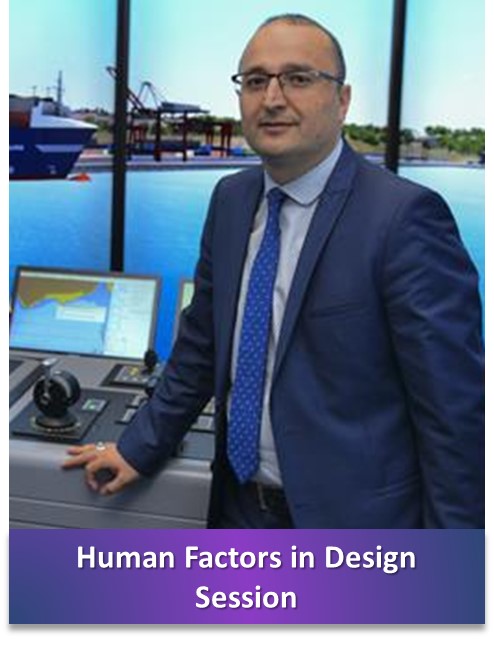
Ozcan Arslan
Istanbul Technical University
Human-Centred ECDIS Design Under the S-100 Framework: Implications for Situational Awareness and Decision-Making
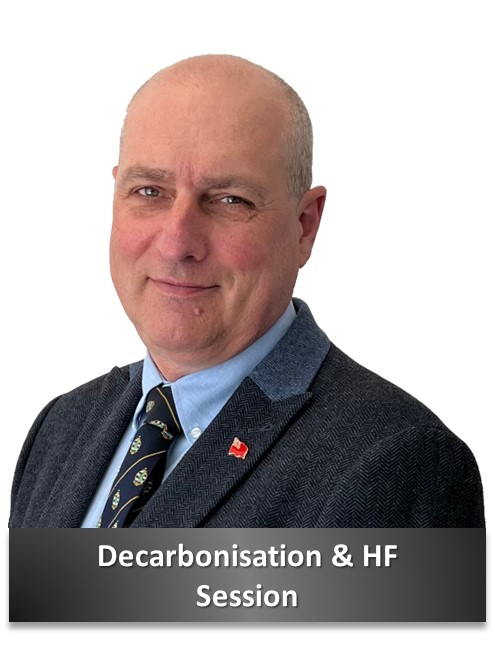
Adrian Scales
Brookes Bell
The knowledge gap when it comes to hazards associated with Li-Ion Batteries
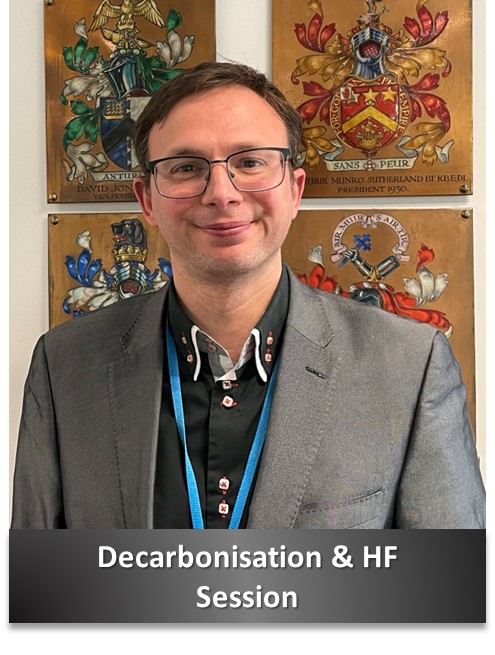
Francesco Sandrelli
UK Chamber of Shipping
Identification of risks associated with vessels with alternative fuels
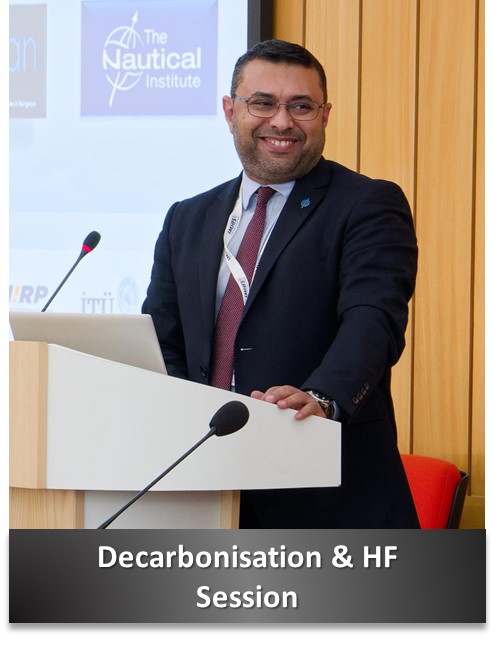
Aly Elsayed
The Nautical Institute
The Hidden Crew of Net Zero
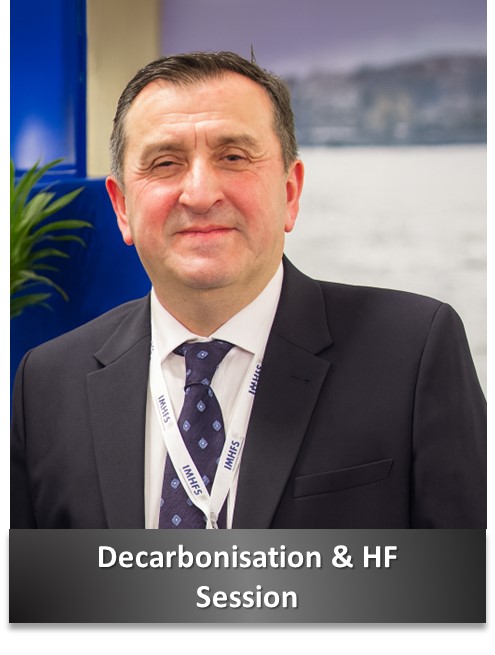
Osman Turan
University of Strathclyde
Co-Creation of the Safe Decarbonisation for the Maritime Sector: Current Challenges and Strategy Development
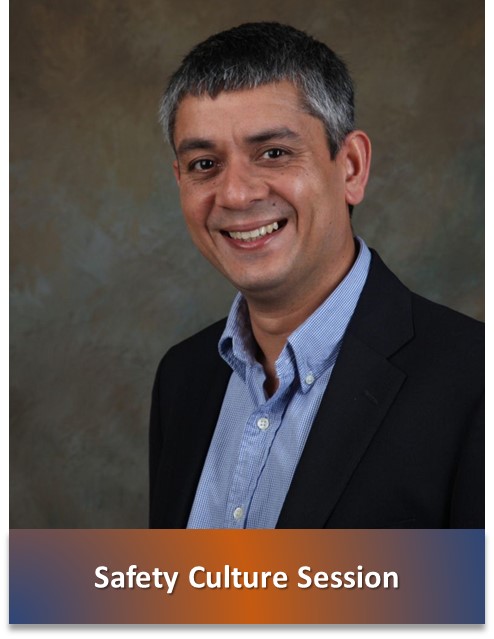
Nippin Anand
Novellus Solutions
Learning from Accidents: A person-centred approach
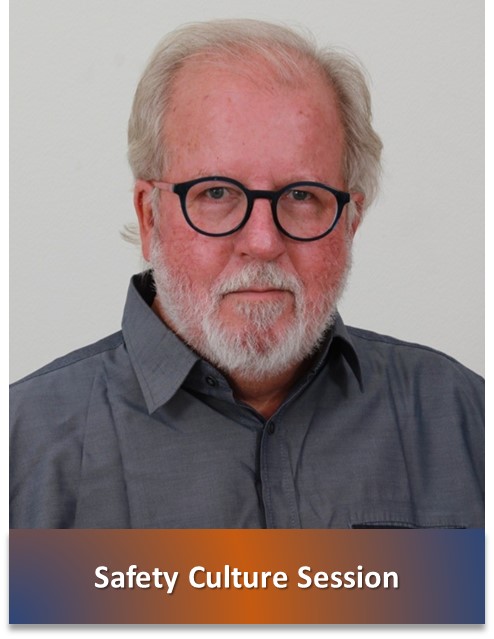
Toon van de Sande MA
PsyFyi
Is it possible to identify and take action on incident-causing factors before an accident happens?”
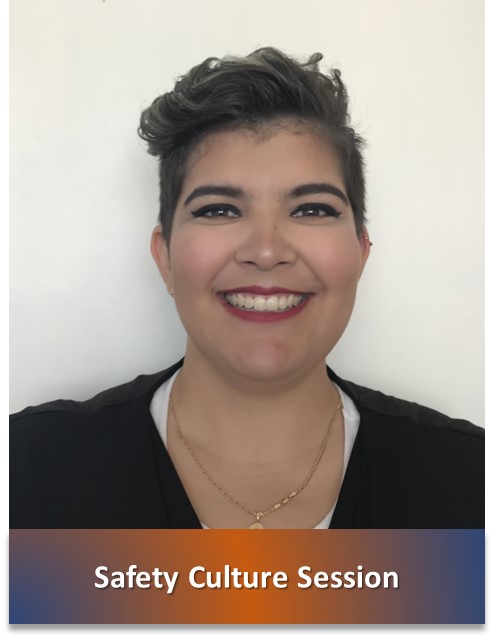
Adriana Q. Juarez
WMU
Beyond Compliance: Interpreting Safe Manning for Crew Work and Fatigue
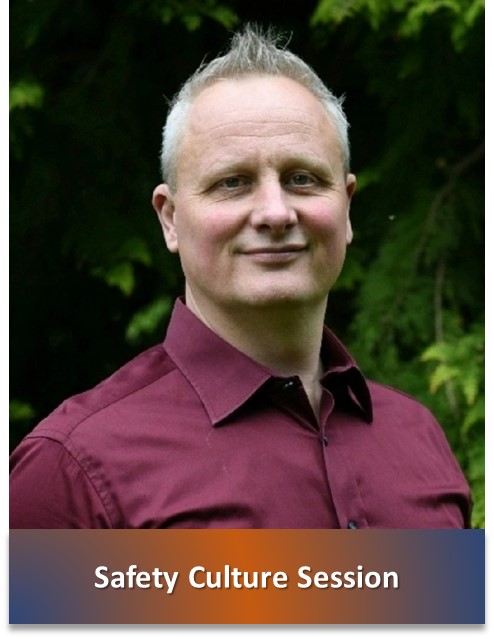
Eskild Lund Sørensen
Intactix Systems Inc.
Maritime Safety Culture from Compliance to Care
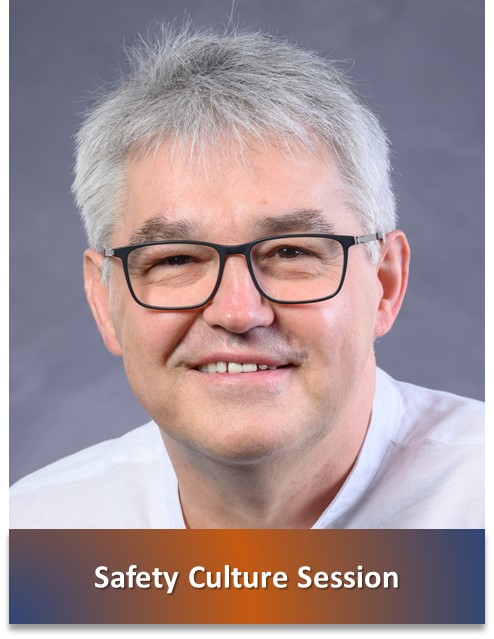
Sean Noonan
Faire Innovare ltd
People Matter: The Human Element Reality
Gold Sponsors
Silver Sponsors
Media Partner
Contact us at imhf-symp@strath.ac.uk to discuss a customised sponsorship package.
